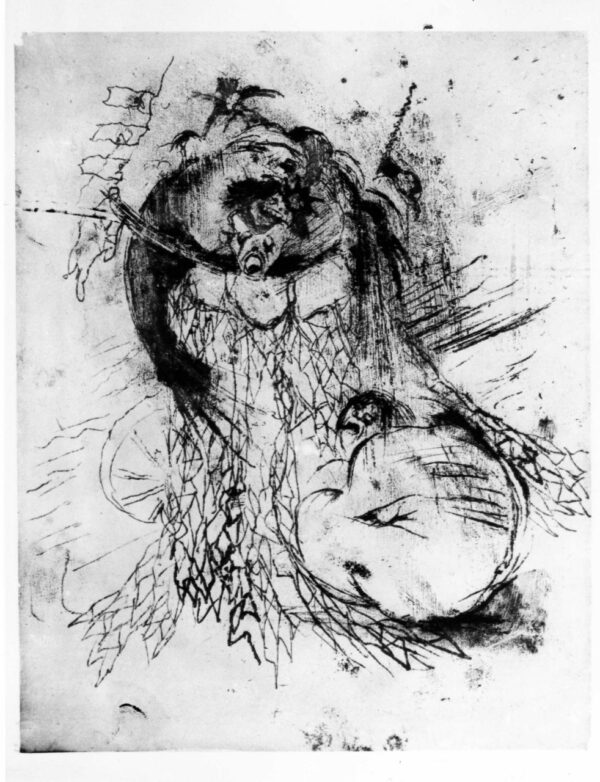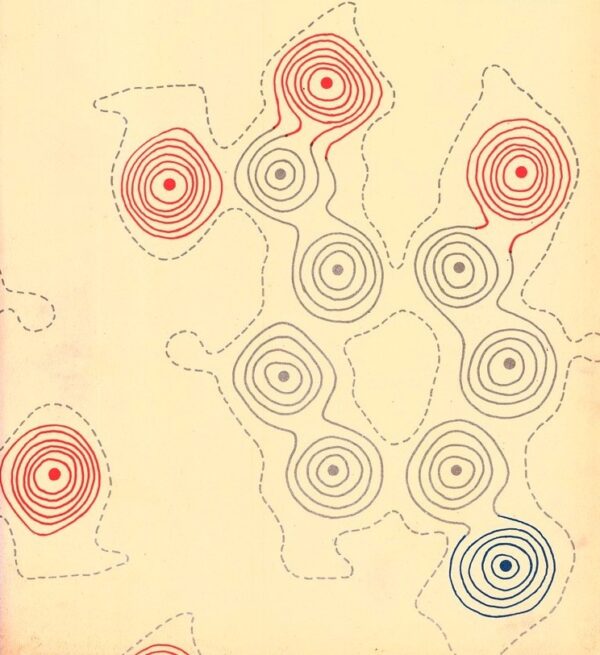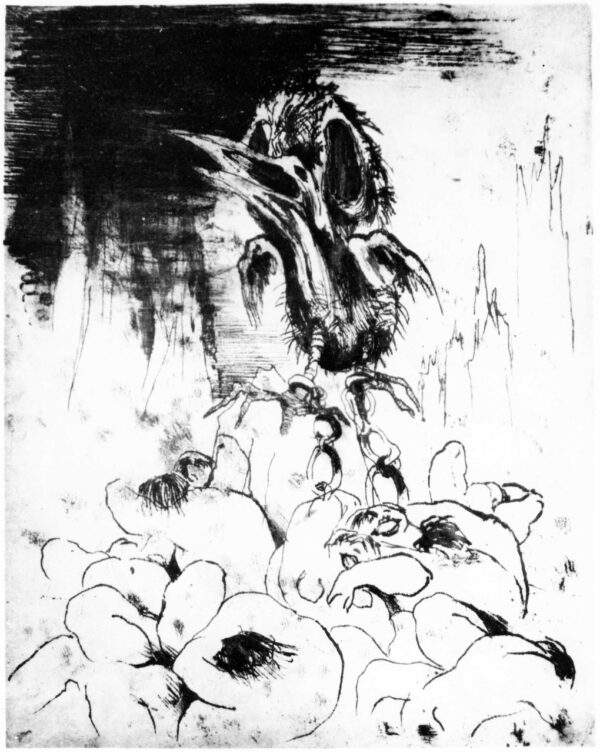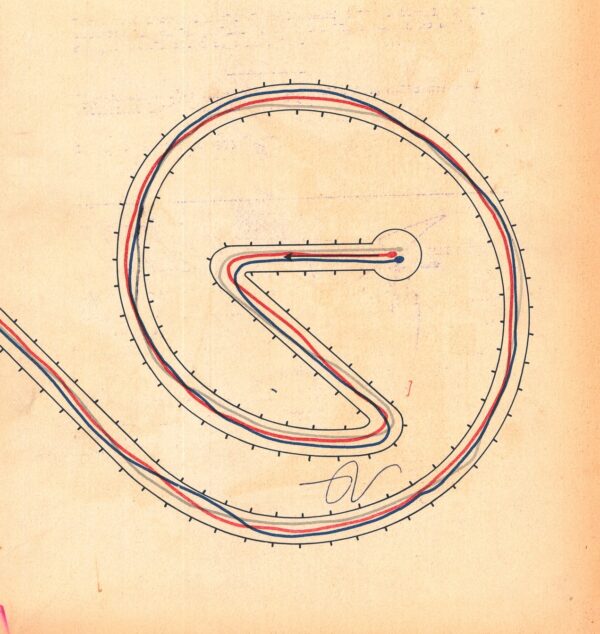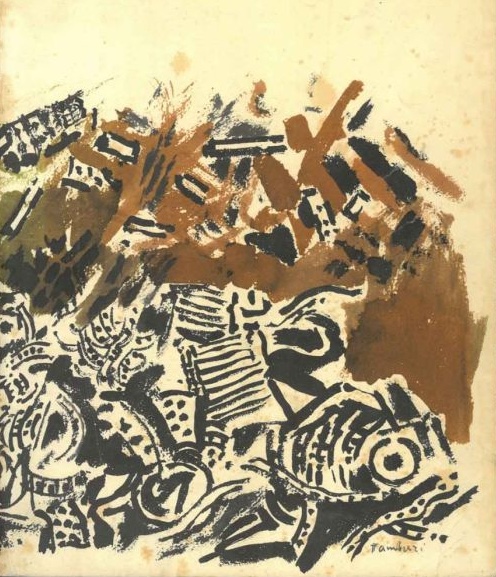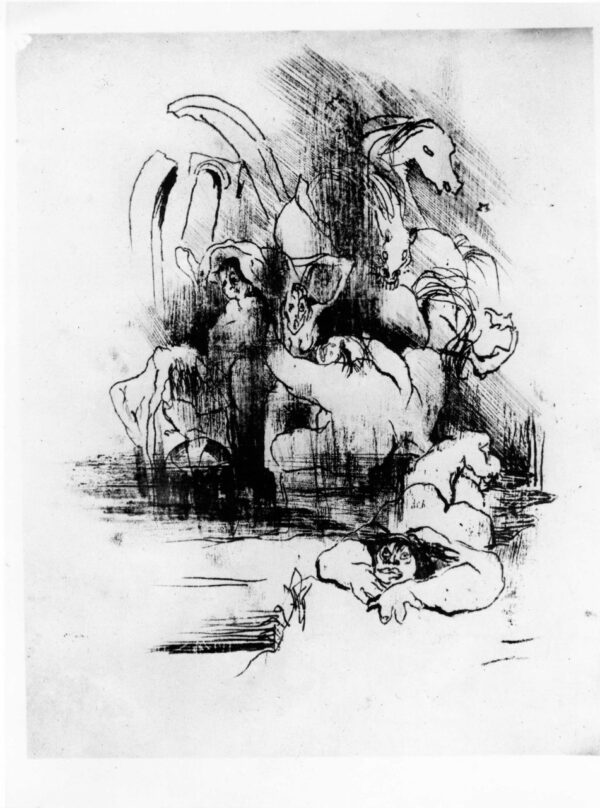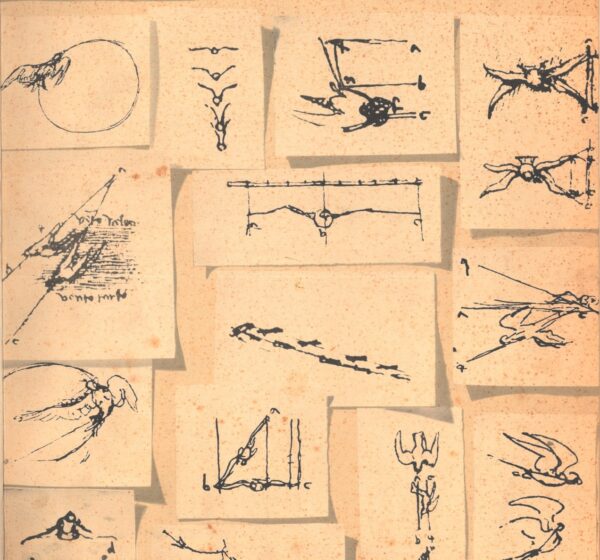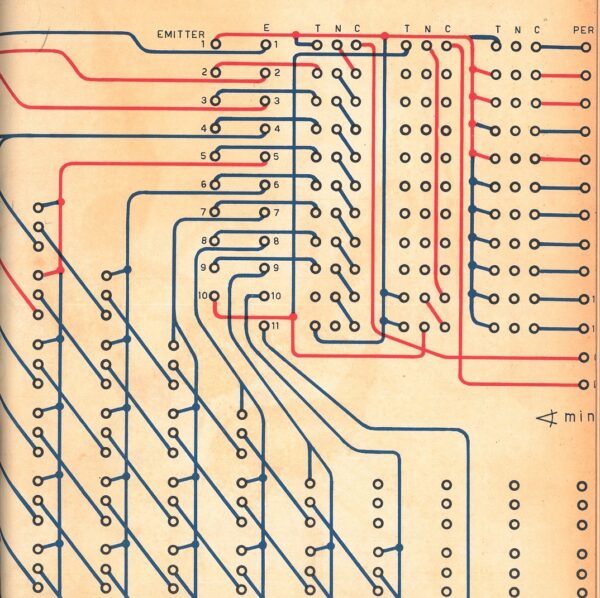Pagine
Condividi e segnala
Tag
- Althusser
- Antropologia
- Baumgarten
- Bourdieu
- Conceivability of Nothingness
- Conciliation
- corpo
- Derrida
- Dialectics
- Difference
- distinzione
- Europe
- Expression
- giudizio
- Grace
- Habitus
- Heidegger
- Hobbes
- Kant
- linguaggio
- Lyotard
- marxismo
- Medieval Aristotelianism
- Metaphysics
- Nature
- Negative
- Nichts
- nihil
- Nihilism
- nihil negativum
- nihil privativum
- Non-identical
- Nothing
- Nothingness
- onore
- politica
- postmoderno
- pratica
- riconoscimento
- Smith
- solitudine
- Sovranità
- Spinoza
- Thomas Aquinas
- Western Ontology
-
Articoli recenti
Link
Archivi categoria: Monografica
Introduzione
Pubblicato in Monografica, NUMERO 17
Lascia un commento
Amor proprio e amore nell’ontologia leopardiana
Valentina Maurella
Università degli Studi di Torino (valentina.maurella@unito.it; orcid: 0009-0008- 8384-8264)
Self-love and love in Leopardi’s ontology
Abstract: Amor proprio is the only innate principle that is acknowledged within Leopardi’s ontology. Unlike the 18th-century notion of amor di sé, the concept employed by Leopardi introduces a relational dimension within the constitutive dynamic of the living. In fact, loving one’s own good means identifying a good external to the self (pleasure) and making it the object of the infinite desire that animates the individual. In this sense, the self-love on which all passions depend is already a … Continua a leggere
Pubblicato in Monografica, NUMERO 17
Lascia un commento
Leopardi e l’“età delle macchine”
Gennaro Maria Barbuto
Università degli Studi di Napoli Federico II (gennaromaria.barbuto@unina.it; orcid: 0000-0003-0499-1561)
Leopardi and the “machine age”
Abstract: The article focuses, in particular, on the Palinodia al Marchese Gino Capponi, but also on some Operette morali, works that destroy with an ironic gaze what Leopardi considers the main aspect of modern times, the civilisation of technology. With his point of view marked by absence, that is to say, by a certain critical distancing towards things and, above all, towards the contradictions that mark the ontology of reality, Leopardi does not intend to elaborate any … Continua a leggere
Pubblicato in Monografica, NUMERO 17
Lascia un commento
Ontologia e politica della consolazione in Leopardi
Francesco Simoncini
Sapienza Università di Roma (francesco.simoncini@uniroma1.it; orcid: 0000-0003- 3625-0717)
Ontology and politics of consolation in Leopardi
Abstract: The essay examines the relationship between ontology and politics in Leopardi’s work with regard to the theme of consolation. It begins by outlining the development of the concept in the theological sphere, where the Christian consolatio for the consequences of sin is shown to be increasingly arduous. Then the logic of consolation is discussed in the dialectic between ‘poison’ and ‘remedy’, between evil and its possible extinction. The transformation of this topos reveals how Leopardi progressively excludes even the … Continua a leggere
Pubblicato in Monografica, NUMERO 17
Lascia un commento
Il volo del tempo. Strategie satiresche e tecnica allegorica in alcuni episodi dei Paralipomeni
Nicola De Rosa
Scuola Superiore Meridionale, Napoli (n.derosa@ssmeridionale.it; orcid: 0000- 0002-3103-4196)
The time flight: wit’s strategies and allegorical technique in some episodes of the Paralipomeni
Abstract: The essay proposes a reading of some excerpts of the Paralipomeni della Batracomiomachia, in which Leopardi experiments with rhetorical and figural solutions that dramatise arguments from the philosophy of nature, such as the critique of anthropocentrism and its nihilistic outcome. The poem presents a remarkable – and worthy of analysis – treatment of the supernatural, of the fantastic. In the anabasis, the space-time journey of Leccafondi and Dedalo, and in … Continua a leggere
Pubblicato in Monografica, NUMERO 17
Lascia un commento
«Chiamare le cose coi loro nomi». Leopardi, Casti e il libro terribile
Paolo Colombo
Università degli Studi di Verona (paolo.colombo@univr.it; ORCID: 0000-0002-6235- 3253)
«Chiamare le cose coi loro nomi». Leopardi, Casti and the dreadful book
Abstract: Referring to the well-known definition coined by Vincenzo Gioberti for the Paralipomeni della Batracomiomachia, the contribution aims to isolate and explore the more distinctly negative elements of the poem, within which Leopardi’s skepticism towards any form of political initiative seems to reach conclusions unknown to his earlier works and partially unprecedented even in the context of the “new poetics” of the 1830s. A specific area of investigation will consist in reexamining the … Continua a leggere
Pubblicato in Monografica, NUMERO 17
Lascia un commento
Il basso materialismo di Leopardi: ipotesi sugli sprechi di natura
Massimo Palma
Università degli Studi Suor Orsola Benincasa, Napoli (massimo.palma@unisob.na.it; orcid: 0000-0001-7810-9725)
Leopardi’s low materialism: Hypothesis on the waste of nature
Abstract: Over the course of the 20th century, Leopardi’s materialism has repeatedly been at the centre of critical debate, from Luporini to Timpanaro to Negri. A key concept in Leopardi’s reflections is the idea of a human nature that – starting with a judgement deriving from the “love of its own happiness” – pursues the “study of its own preservation” (Zibaldone, 5-6 April 1825). The aim of this contribution is to compare Leopardi’s conception … Continua a leggere
Pubblicato in Monografica, NUMERO 17
Lascia un commento
Dal pessimismo agonistico al materialismo militante. Tra Leopardi e Sebastiano Timpanaro
Nicola Sighinolfi
Sapienza Università di Roma (nicola.sighinolfi@uniroma1.it; orcid: 0009-0001- 9148-4068)
From agonistic pessimism to militant materialism. Between Leopardi and Sebastiano Timpanaro
Abstract: This contribution aims to focus on the theme of thinking matter within the anthropology of Giacomo Leopardi. The purpose is to discuss the recovery made by Sebastiano Timpanaro in the late twentieth century, with the declared intent of engaging in dialogue between the materialistic and hedonistic tradition, which from the eighteenth century permeates the reflections of the poet, and the Marxist tradition. Reason, matter, and body are concepts that intertwine throughout Leopardi’s philosophical elaboration, culminating … Continua a leggere
Pubblicato in Monografica, NUMERO 17
Lascia un commento

